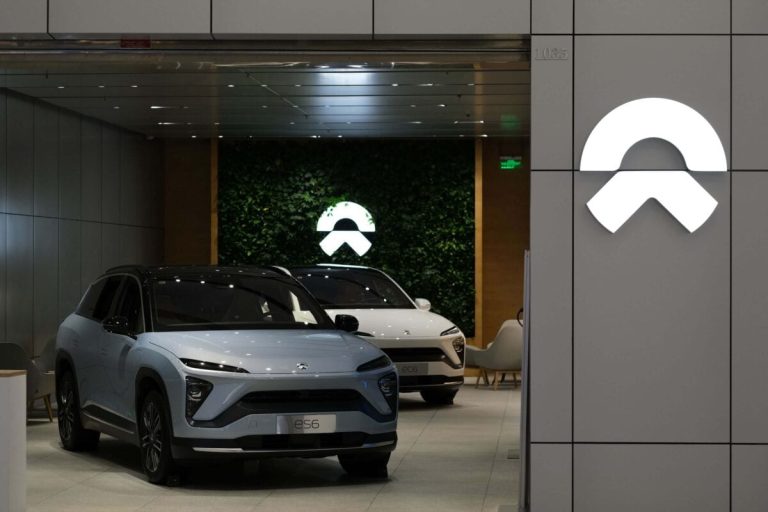
In the rapidly evolving landscape of technology, several key innovations are poised to transform the way we live and work by the year 2025. From artificial intelligence and quantum computing to advanced robotics and augmented reality, these technologies hold the potential to revolutionize industries and redefine human experiences.
One of the most anticipated advancements is the widespread adoption of 5G technology, offering lightning-fast connectivity and enabling the Internet of Things (IoT) to reach new heights. This will pave the way for smart cities, autonomous vehicles, and seamless communication on a global scale.
Artificial intelligence (AI) is set to play a pivotal role in various sectors, from healthcare and finance to transportation and manufacturing. Machine learning algorithms will enhance decision-making processes, while natural language processing capabilities will enable more intuitive human-machine interactions.
Quantum computing is another frontier that promises exponential leaps in processing power, solving complex problems at speeds unimaginable with classical computers. This technology has the potential to revolutionize fields such as cryptography, materials science, and drug discovery.
Robotics and automation will continue to advance, with collaborative robots (cobots) working alongside humans in manufacturing and service industries. These robots will be equipped with advanced sensors and AI algorithms, enabling them to perform tasks with precision and adaptability.






